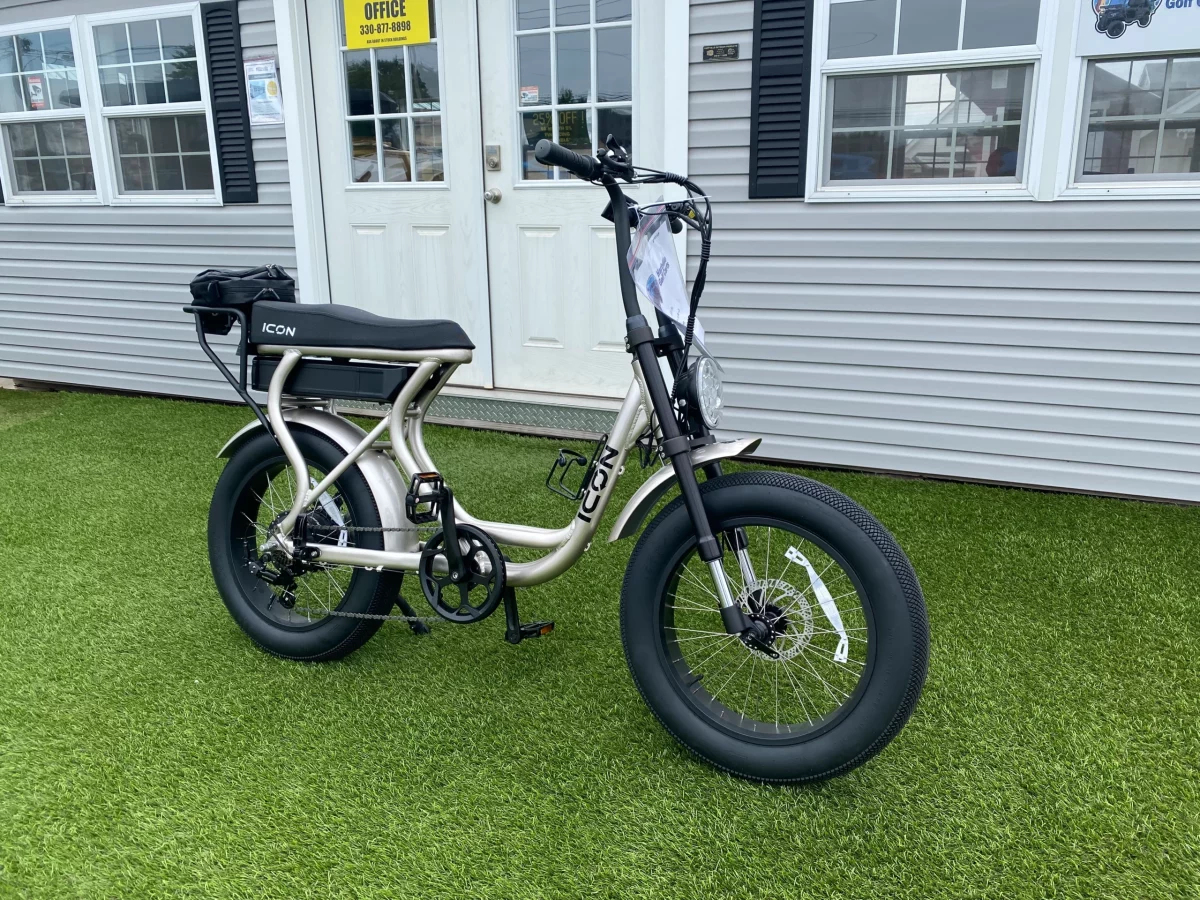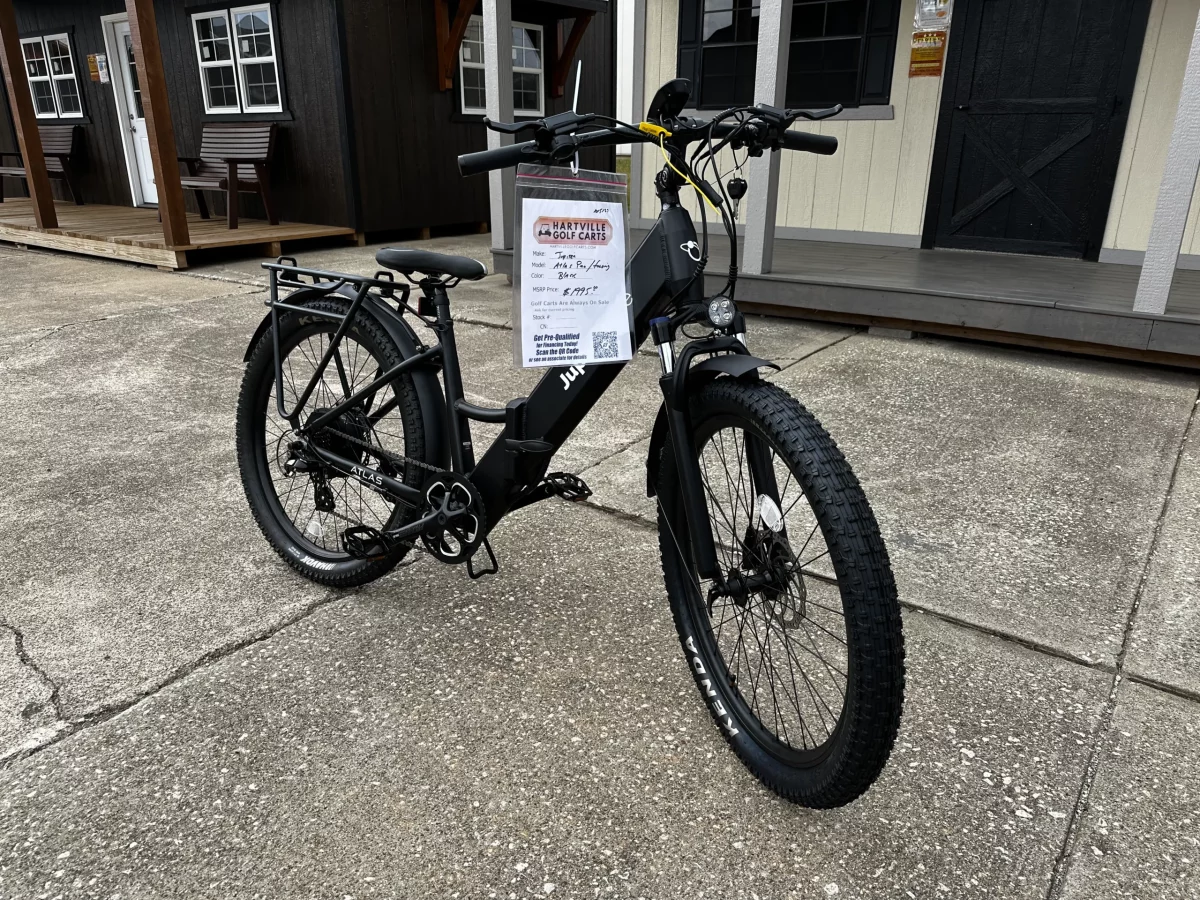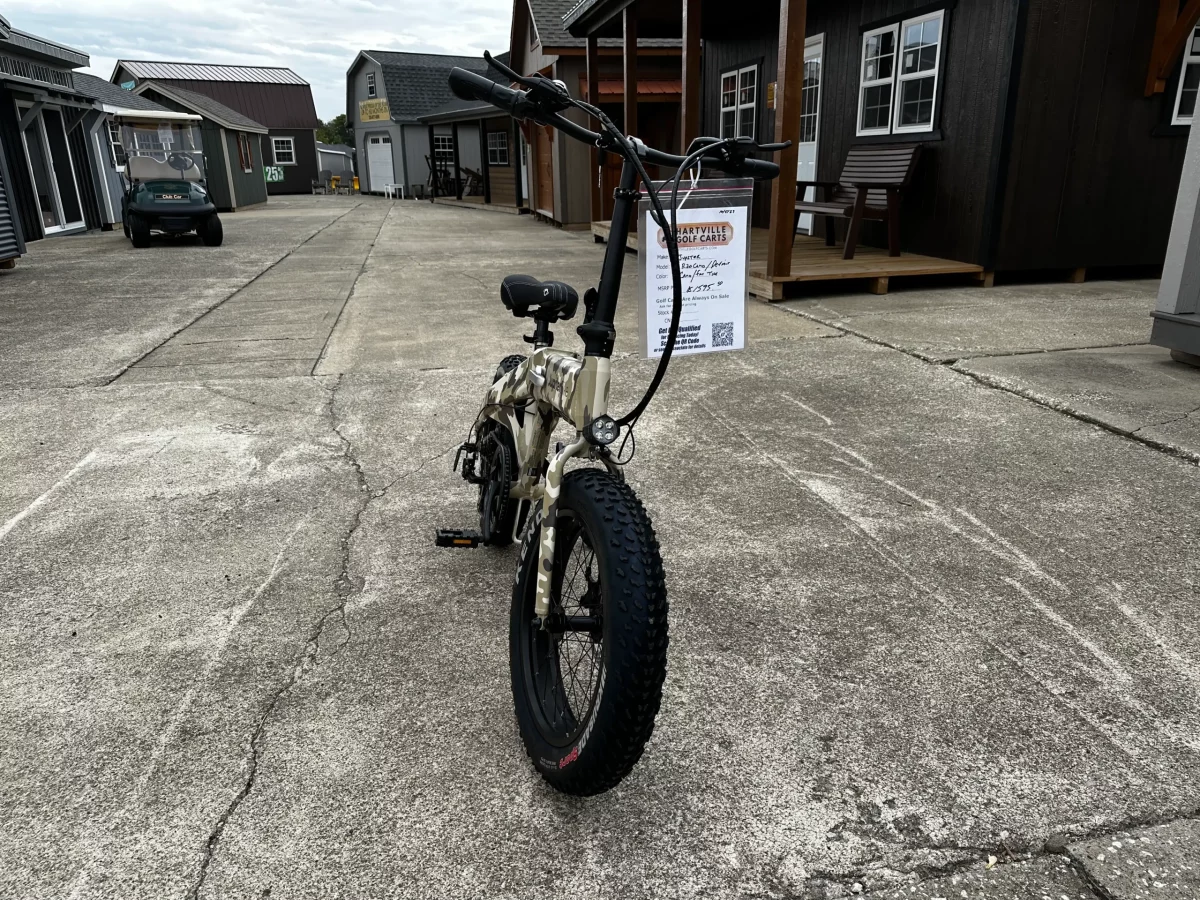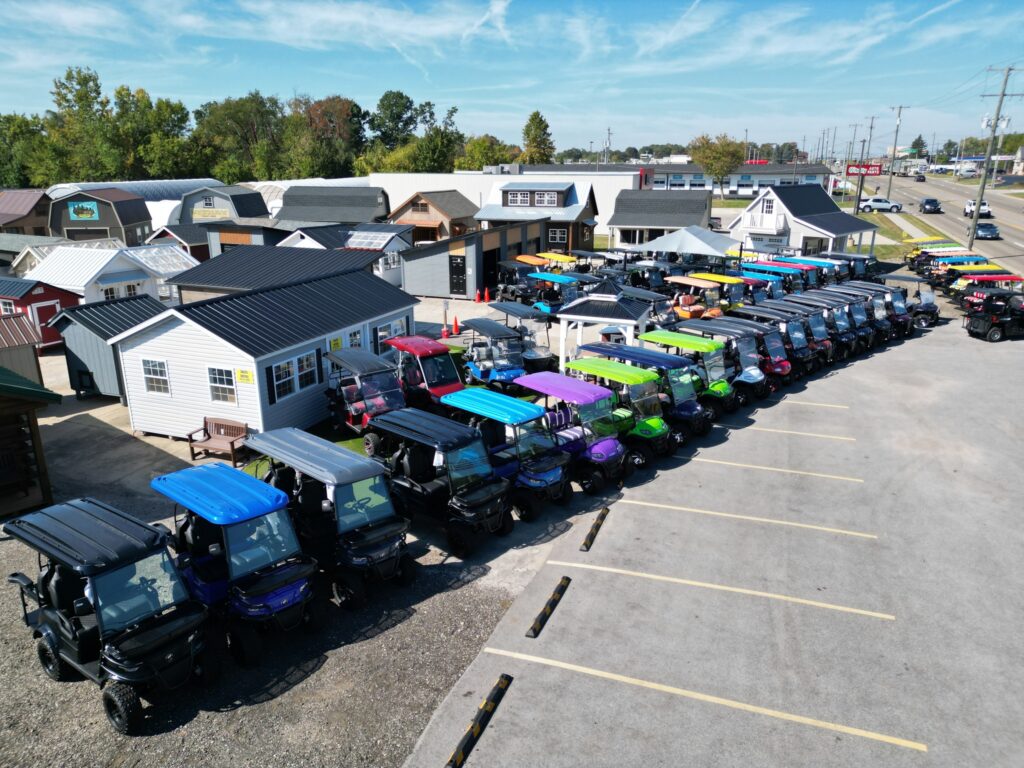Are Golf Carts Street Legal in Florida
The question of are golf carts street legal in Florida comes up often among both residents and visitors. Whether you live in a coastal community, a golf course neighborhood, or you’re simply looking for an easy way to get around town, knowing the rules is essential. Florida has embraced golf cart culture, but the state also sets clear laws to ensure safety. These rules cover where golf carts can operate, what equipment they need, and how they differ from other small vehicles like Low-Speed Vehicles (LSVs).

Golf Carts vs. Low-Speed Vehicles
Florida law makes a clear distinction between golf carts and LSVs. A golf cart, by legal definition, is designed for speeds under 20 mph. An LSV, on the other hand, can travel between 20 and 25 mph and must meet more rigorous federal safety standards.
If your cart can exceed 20 mph, even slightly, it may be classified as an LSV under Florida Statutes. This classification matters because LSVs require registration, a license plate, and insurance. Golf carts do not need these if they stay under 20 mph and operate only in permitted areas.
Where Golf Carts Can Be Driven
Under Florida Statute 316.212, golf carts can operate on public roads with a speed limit of 30 mph or less, but only if the local government has allowed it. Cities and counties can designate certain streets for golf cart use and post appropriate signage.
Many Florida communities, especially in retirement areas like The Villages, have extensive golf cart paths that connect neighborhoods, shopping areas, and recreational facilities. In some coastal towns, golf carts can legally travel on certain streets that link to the beach or marinas.
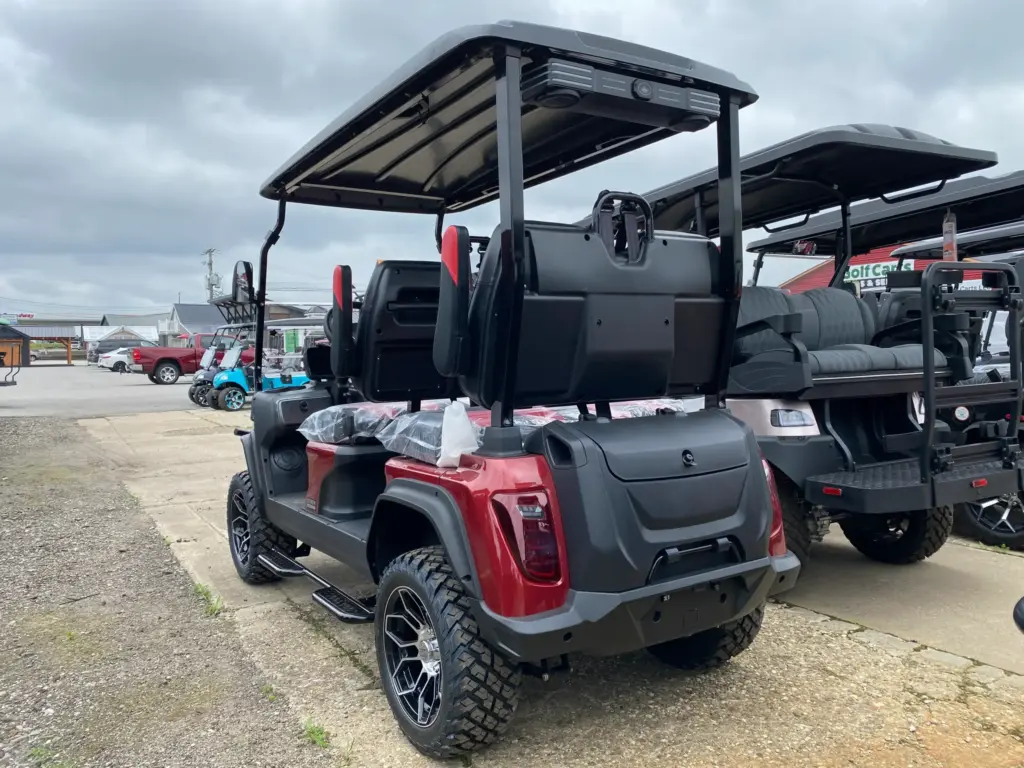
Local Ordinances Matter
Even though state law sets the baseline, local ordinances often add more detail. For example, some communities require golf carts to have additional lighting, specific reflective decals, or even limit operating hours. Before driving, check your city or county’s municipal code. What’s legal in Key West may not be legal in Naples, and vice versa.
Required Equipment for Street Use
If your local government allows golf carts on certain roads, Florida law requires them to have basic safety equipment. This usually includes:
- Efficient brakes
- Steering apparatus in good condition
- Safe tires
- Rearview mirror
- Red reflector warning devices at the rear
For nighttime operation (which must also be approved locally), carts need headlights, brake lights, turn signals, and a windshield. Some owners choose to upgrade their carts with additional features to improve safety and visibility even during the day.

Age Requirements
Florida sets a minimum age for operating golf carts on public streets—drivers must be at least 14 years old. Unlike LSVs, golf carts do not require a driver’s license as long as they meet the legal definition and remain in permitted areas.
Insurance Rules
Golf carts that stay under 20 mph and operate only where allowed do not require insurance under Florida law. However, many owners choose to insure them for liability and property damage protection, especially if they use them frequently in areas with mixed traffic.

Electric Golf Carts in Florida
While gas-powered carts are still common, electric golf carts have grown in popularity across Florida. They operate quietly, produce no exhaust, and often cost less to run. For neighborhoods and cities that prioritize sustainability, electric carts are increasingly the preferred choice.
Florida’s warm climate is ideal for electric golf carts, as batteries perform best in moderate temperatures. Owners with home charging setups find it easy to keep their carts ready for daily trips. This convenience—combined with low operating costs—makes electric models an attractive option for both personal and rental use.
Tourist Areas and Resort Communities
Many Florida resorts and vacation rentals offer golf carts as part of the stay. In these cases, the carts are often restricted to private property or designated resort roads. However, in golf cart-friendly cities, tourists can sometimes use them to explore beyond the resort, provided they follow all local rules.

Converting a Golf Cart to an LSV
Some owners choose to modify their golf carts for higher speeds and expanded road use. To convert a cart into an LSV in Florida, it must meet federal motor vehicle safety standards, which include:
- Headlamps, stop lamps, turn signals, and tail lamps
- Reflectors
- Parking brake
- Windshield
- Seat belts for all seating positions
- VIN (Vehicle Identification Number)
Once converted and certified, the LSV must be registered, titled, and insured like any other motor vehicle.
Why Local Enforcement Varies
In some Florida towns, police actively enforce golf cart rules, issuing fines for speeding, driving on prohibited roads, or lacking required equipment. In others, enforcement may be more relaxed, especially in tourist-heavy areas. This variation makes it even more important to know the rules before you drive.

Safety Tips for Street-Legal Golf Cart Driving
Even when the law permits golf carts on certain roads, safety should be the top priority. Always yield to larger vehicles, wear seat belts if equipped, and be especially cautious at intersections. Defensive driving is key, as golf carts offer less protection than cars.
Owners should also keep their carts well-maintained. Regularly check tire pressure, brakes, and battery condition for electric models. A cart in good condition is safer, more reliable, and less likely to cause an accident or breakdown.
Economic and Lifestyle Benefits
For short trips, golf carts are inexpensive to operate and maintain. They reduce fuel consumption, especially when electric, and make it easy to navigate tight spaces in busy neighborhoods or tourist areas. In retirement and coastal communities, they also add a social element—neighbors often stop to chat when passing by in their carts.
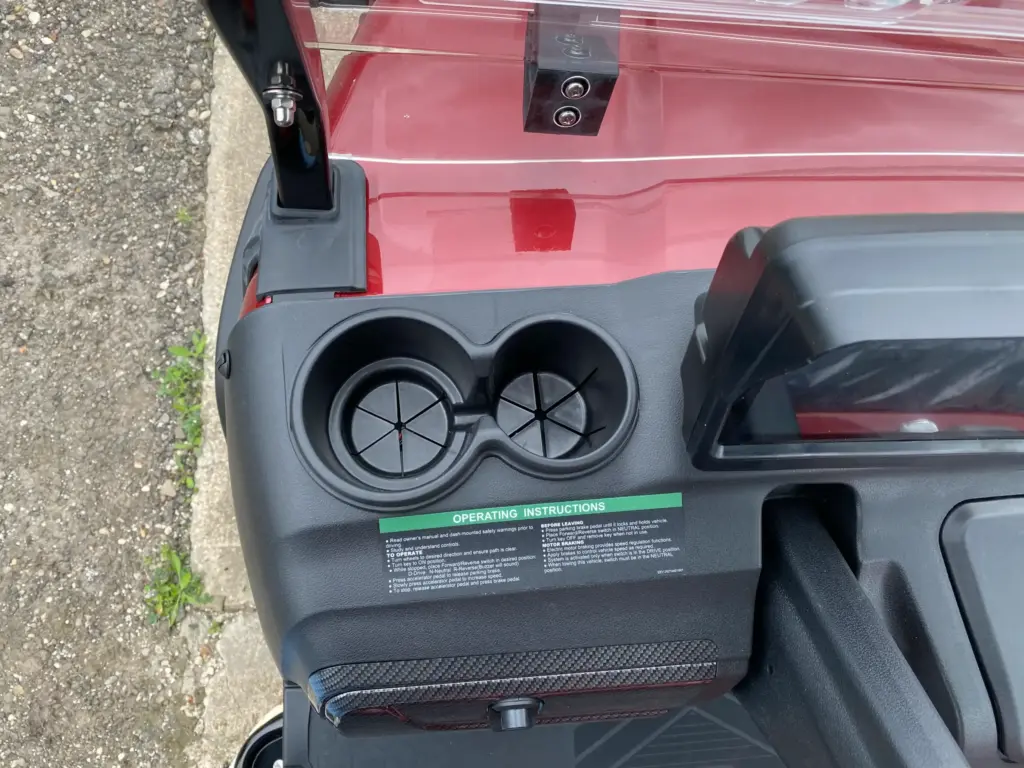
Florida’s Future with Golf Carts
As cities explore greener transportation options, golf carts—especially electric ones—are likely to play a bigger role. Some municipalities are already expanding golf cart routes, while others are integrating them into broader mobility plans alongside bike lanes and walking paths.
Conclusion — Hartville Golf Carts’ View
So, are golf carts street legal in Florida? The answer is yes, but only under specific conditions set by state and local laws. Knowing the rules—and your community’s ordinances—makes driving safer and more enjoyable. At Hartville Golf Carts, we’ve helped countless Florida customers find electric golf carts that meet legal requirements while delivering style, performance, and efficiency. Whether you’re outfitting a cart for neighborhood errands or upgrading for more comfort on your coastal drives, understanding Florida’s street-legal rules ensures you’ll enjoy every ride. For the official guidelines, visit the Florida Highway Safety and Motor Vehicles site.


